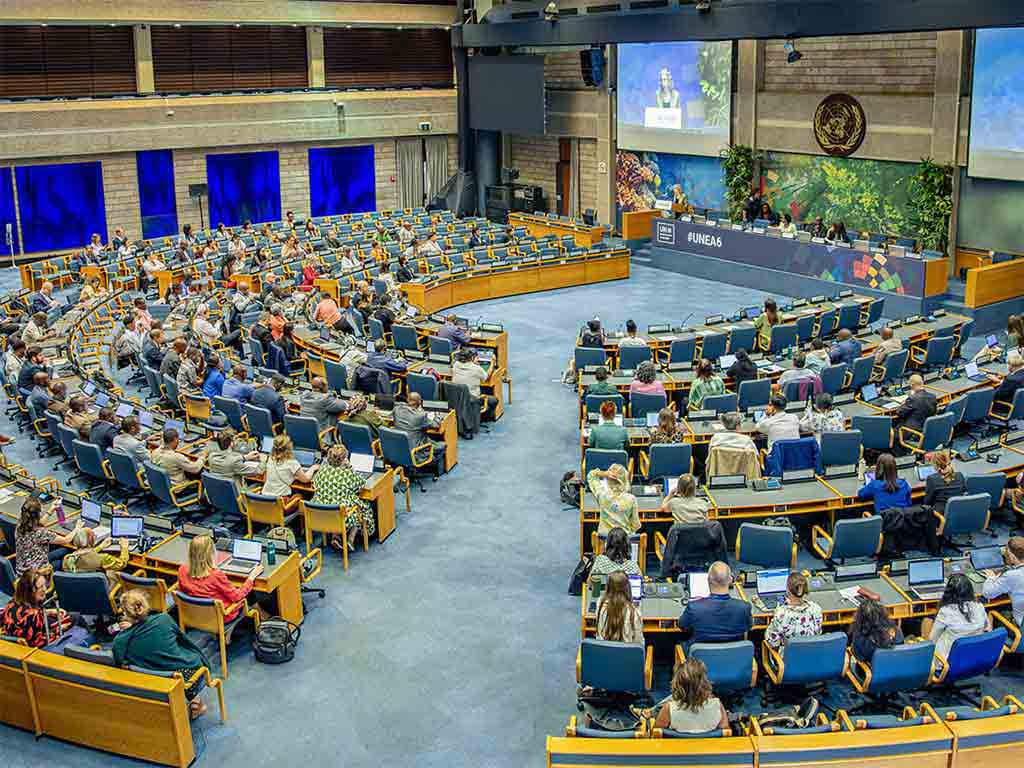At the opening session of the high-level segment on strengthening the science-policy interface for effective implementation of environmental commitments, UNEP Executive Director Inger Andersen noted that humanity is currently financing its ‘own failure’ rather than investing in a ‘better future by supporting nature’.
Unfortunately, she added, solutions based on environmental protection are underfunded and receive only 200 billion dollars globally a year, less than one-third of what is needed between now and 2030 to meet climate, biodiversity and land degradation targets.
Given these figures, it is clear that realigning negative financial flows to nature is the best way to halt and reverse the loss of nature, and to achieve this we need to change incentive policies, provide data on long-term economic losses and change business practices,’ she said.
The high-level debate on strengthening the science-policy interface for effective implementation of environmental commitments is a forum to address the need for transformational change to address the three planetary environmental crises: climate change, loss of nature and biodiversity, and pollution.
Participants in the forum will also discuss opportunities to strengthen science-policy interfaces as part of UNEA decision-making.
They will also discuss best practices where scientific knowledge and evidence have successfully helped to address environmental challenges.
UNEA-6, which will take place until March 1 in the Kenyan capital, marks the beginning of a new era of multilateralism focused on environmental issues at the same level of importance as other global issues such as peace, security and health, according to the organizers of the assembly.
Some 5,000 representatives of governments, civil society and the private sector are attending the global forum, which will consider a variety of resolutions covering challenges such as halting desertification, counteracting air pollution or limiting chemical pollution.
jg/abo/mem/cdg










